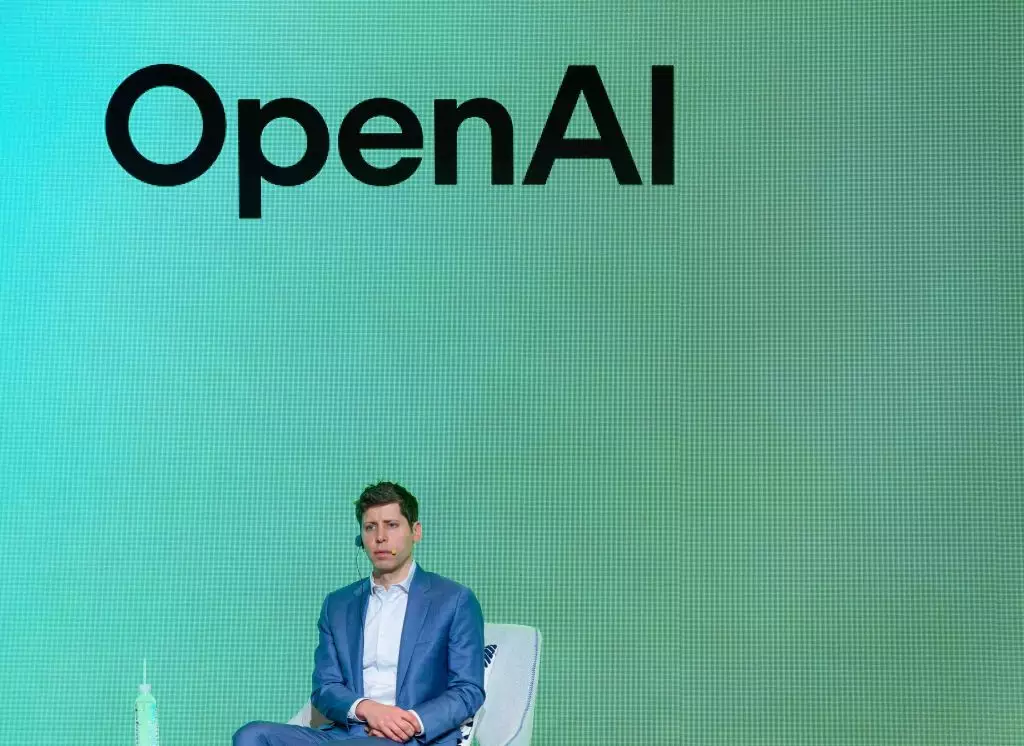The ongoing legal dispute between OpenAI and its co-founder, Elon Musk, has reached a boiling point, exposing significant rifts in the foundational principles of artificial intelligence development. Once aligned in their vision, the paths of Musk and OpenAI have diverged sharply. Musk’s recent actions suggest a deeper strategy—one that aims not only at undermining OpenAI’s operations but also at regaining personal control over a domain he once passionately advocated for. The lawsuit, steeped in claims of unlawful and unfair practices, raises questions about the ethical boundaries of tech entrepreneurship.
OpenAI’s Resilience in Crisis
OpenAI’s defense paints a picture of resilience, asserting that while the company can withstand adversity, Musk’s ongoing aggressive tactics threaten more than just corporate stability. Their counter-suit invokes a narrative of a mission-driven organization striving to advance AI for humanity’s benefit, in stark contrast to Musk’s portrayal, which suggests self-interest at its core. OpenAI is not merely a corporate entity; it claims to be a steward of ethical technology development. However, this appeal to mission and purpose may come across as increasingly naive in the cutthroat world of venture capitalism.
Musk’s Transformation: From Ally to Adversary
Elon Musk’s transformation from a champion of OpenAI’s nonprofit goals to its fiercest critic illustrates the unpredictable nature of tech leadership. The billionaire’s lawsuit accuses OpenAI of diverting from its altruistic mission, claiming that the shift from a nonprofit to a “capped-profit” structure reflects a betrayal of its foundational goals. Such an accusation is not without merit—OpenAI’s structural changes have caught the attention of various advocacy groups and labor unions, which argue that the organization’s original mission is compromised.
Yet, one must question if Musk’s motivations are entirely altruistic. Having been one of the architects of OpenAI’s mission to develop AI responsibly, Musk’s current crusade raises suspicions. His actions appear aimed at instilling paranoia about the implications of corporate ambitions over ethical oversight, while simultaneously positioning himself as a defender of the very principles he once helped establish.
The Stakes for OpenAI
As the legal saga unfolds, the stakes for OpenAI become increasingly high. The company must navigate not only its legal battles but also the broader existential threat of losing its identity amidst corporate metamorphoses. The recent court ruling allowing the case to proceed to a jury trial adds a layer of urgency; OpenAI’s shift to a for-profit model must align with legal and ethical standards if it wishes to secure additional funding before a looming deadline.
Musk’s strategic lawsuit seems to be more than just a legal maneuver; it reflects a fear of losing ground in an AI landscape that is rapidly evolving. The question remains whether OpenAI can successfully negotiate this transition while adhering to its charitable ideals and continuing to innovate. The organization’s claim that it will maintain its nonprofit component offers a glimmer of hope, yet skepticism lingers. Will this promise hold water in the face of aggressive competition?
External Forces and Community Response
The outcry from various nonprofit organizations and labor groups against OpenAI’s profit-driven evolution further complicates the narrative. Accusations of failing to protect charitable assets show that there is significant public concern regarding the ethics of AI development. These organizations fear that a profit-motivated model may not prioritize safety in AI development, countering the very goal OpenAI seeks to uphold. They have sounded alarms that a shift to for-profit could dilute OpenAI’s obligation to act in the public interest, giving credence to Musk’s claims against the organization.
OpenAI, for its part, contends that the infusion of capital is necessary for sustainable development that can support both its nonprofit mission and comprehensive AI research. However, the struggle for public perception is palpable; can OpenAI reconcile its new direction with the ideals that initially inspired its founding?
As the legal battle unfolds, it lays bare not only the personal stakes involved but also reflects on the broader implications of corporate ethics in technology. The world watches closely, hoping that this conflict may yield insights not only into the future of AI but also into the very nature of collaboration versus competition in a field that holds immense potential for societal impact. OpenAI and Musk’s saga encapsulates a cautionary tale of ambition, governance, and the duality of human interest within technological innovation.

